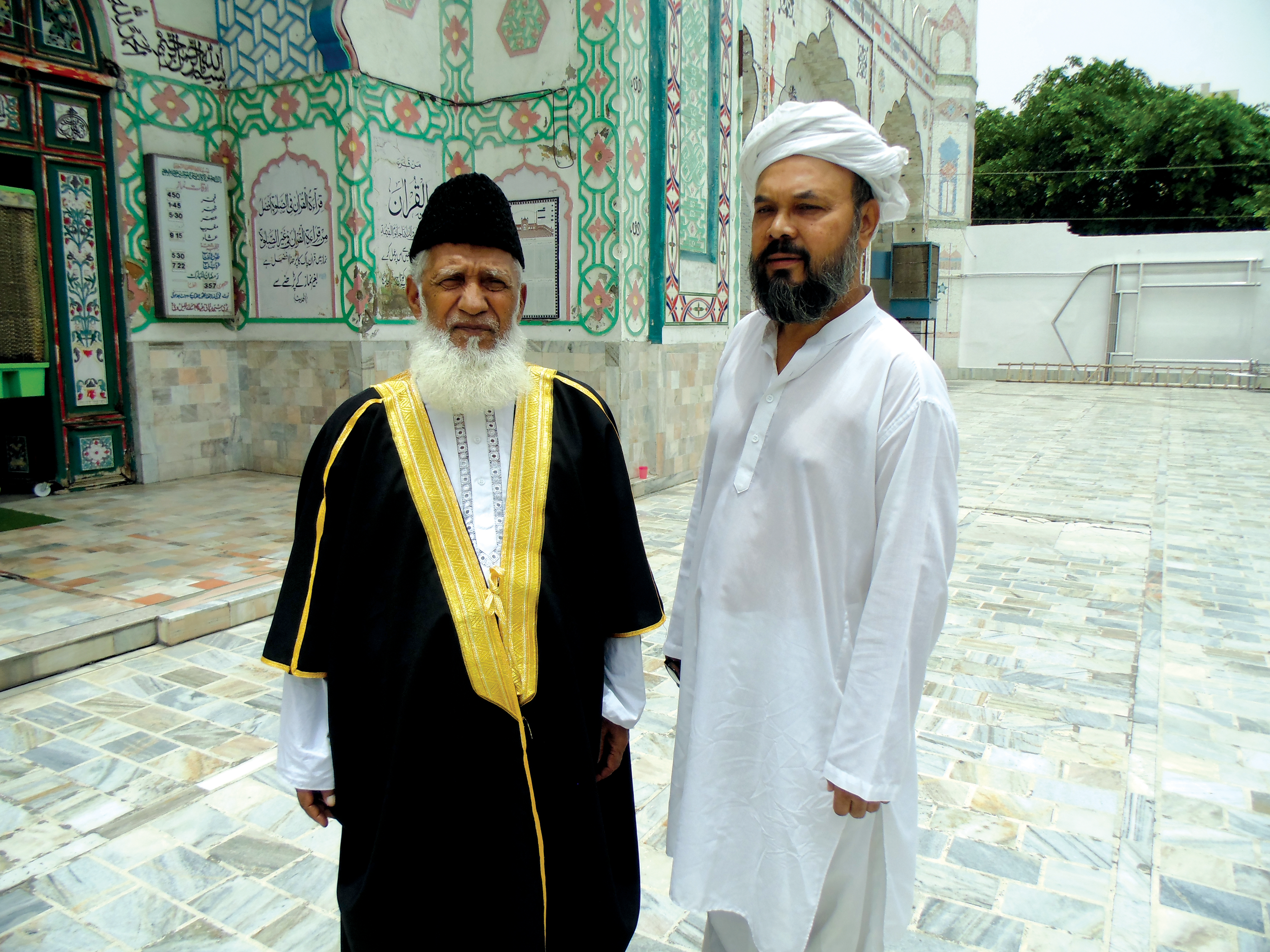
Concern is being expressed about the central government’s introduction of a scheme whereby madrassas — informal education institutions which primarily teach Muslim religious studies — will be equipped to also impart formal education.
HRD Ministry’s plan to revamp madrasa education in the country comes under the Scheme to Provide Quality Education in Madrasas (SPQEM). It would allow institutions to get affiliation with either madrassa boards or state boards for central government funds.
We meet the Shahi Imam of Shahjahani Idgah in Delhi, Hazrat Maulana Niyaz Ahmed, who also holds the position of national president of the All India Muslim Ulema board.
The mosque in front of the Idgah has a nursery school by the name of ‘Noor Public School’ which teaches around 80-90 children. Plus there’s another madrassa teaching around 3,000 children, called AM primary school. The authorities running them say both schools impart “modern education” with subjects such as Science, English, Hindi, Geography, amongst others, but in keeping with “Islamic faith”.
The need for making formal education a norm in all Muslim schools is something Ahmed believes is the need of the hour. Why he, along with critics of this new scheme hesitate to fully back the BJP-led Centre’s move, is the fear that there is a sinister plot afoot to change the Muslim religious institutions of the country.
Thus, the solution which his board has been conveying to madrassas is to equip themselves with formal education before the government can come in and change what they teach in it. In the present circumstance, the Maulana admits that it’s their “weakness” that “modern studies”, although taught in madrassas, are not given due importance.
The general secretary of the Ulema board Bunai Hasani says that presently, even those teaching at the madrassas would have a level of English of a third grader. This in no way being adequate to teach, Hasani believes that if a teacher had at least a 10th grade level education, it would be enough.
“The government say madrassas don’t have computer systems, students aren’t taught Hindi, English, geography, science. So why not equip ourselves so that they don’t get an opportunity to come into our system?” Hasani asks, and echoes the Imam’s words, saying the government should not be given an opportunity to “remove Quran from the studies”.
“Our thinking and the government’s are essentially different… they will want to bring in their ways into our madrassas. Look at universities and schools: How they have tried to meddle and even changed course content of textbooks. We can’t let this happen here”, he further adds.
Under the revamp, the government is also planning to map madrassas in the country based on their Global Positioning System. Minority Affairs Minister Mukhtar Abbas Naqvi has said that the government is working on a plan to ensure that students who come out of madrassas get into institutes like Jamia Milia Islamia and Delhi University colleges.
Ahmed says that this is important, keeping in view that only now is Muslim representation in administrative services, police, and judiciary picking up. Still, integration into these services is insufficient.
“How we require a Hafiz, Mufti, we also require police personnel, tehsildars, and Collectors. We should have people from our community, so yes giving importance to formal education would be imperative. Without this we cannot move forward”, he says candidly.
But he adds that Prime Minister Narendra Modi “says he is concerned about Muslim children, and wants to see their progress. This is a very good thing. But along with words there should be action. It should be practical.”
When we mentioned to the head of the Idgah about meeting many Muslim woman in Old Delhi who had not studied more than 8th grade, and whether formal education in madrassas would change that scenario, he said this was a phenomenon of the past. “This is not prevalent nor relevant anymore. We have madrassas for girls and they are progressing just like others.”
The general secretary cuts in and says their Ulema board is the only Muslim board which has a women’s wing, an example to show how they are “practising Islam and moving forward with the modern times which is important… we have seminars where we tell madrasas to change with the times. That we are not still ghulams (slaves). That we are in the times of rapidly growing and changing technology and information and this is important.”
“We have an education wing so our responsibility is to tell the people of the importance of education”, he adds that most of the madrassas teach students of poor families (about 75% according to him). “The parents are unable to take care of them so they give them to us and we feed them, clothed them, teach them and take care of the health, all their needs”.
He claims they do the job the government ought to when it implements a bill making education a right. “We work on the ground, in villages as well. Government should help us, reward us. Instead they give madrassas a bad name”.
Experts say stress, lifestyle habits and underlying medical conditions are driving ED in men under…
National Green Tribunal fined the Delhi Pollution Control Committee Rs 50,000 for over a year’s…
Delhi Zoo will receive a tiger, gharials, wolves and owls from Patna, while sending a…
Veteran actor Anil Kapoor reflects on four decades in cinema with gratitude as he takes…
Indian Youth Congress president held as police tighten security and invoke conspiracy and unlawful assembly…
Police said the Rajasthan native, undergoing depression treatment, jumped in front of a train at…